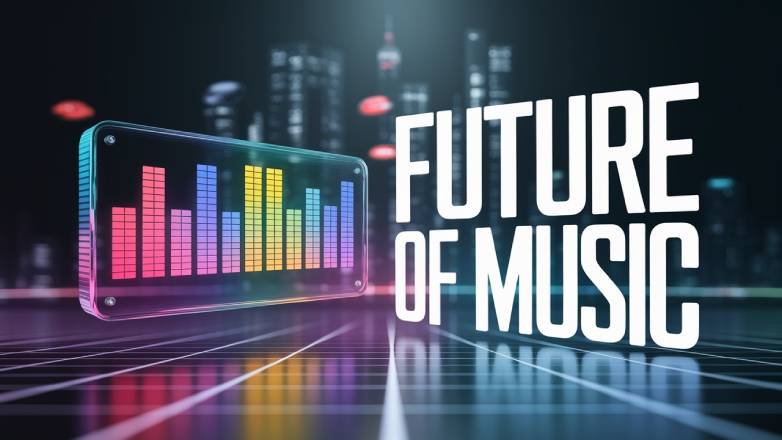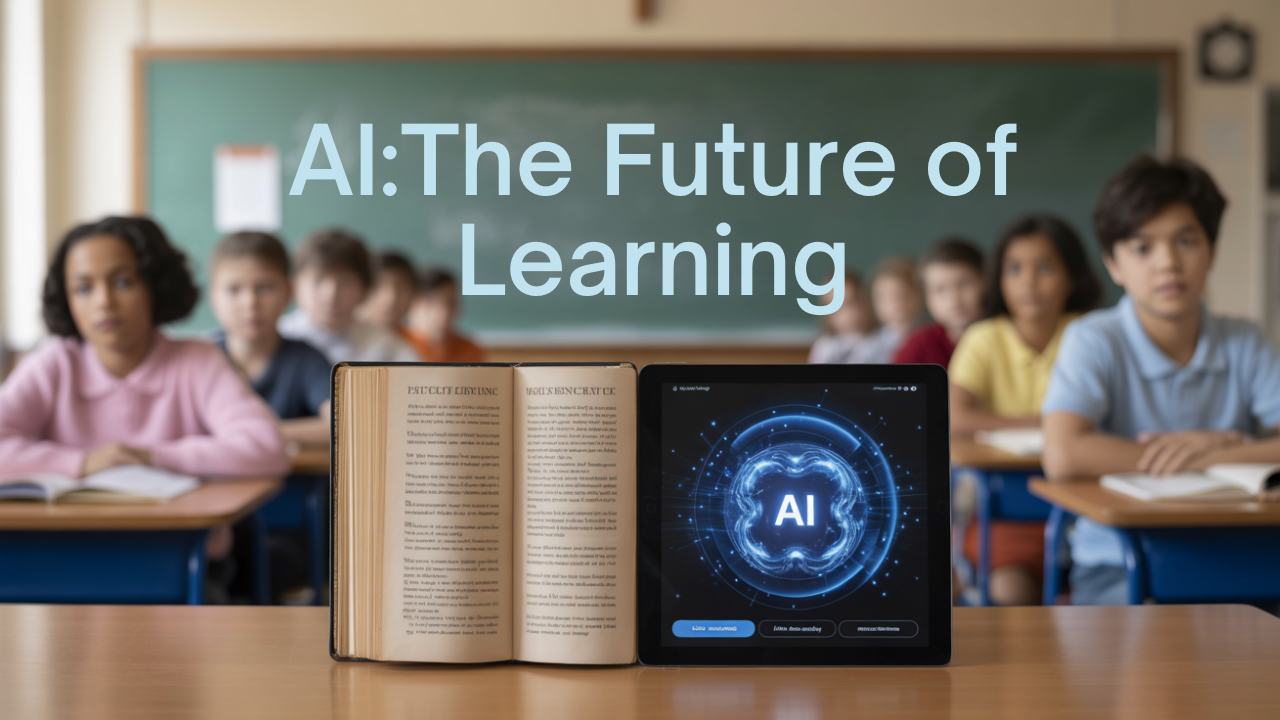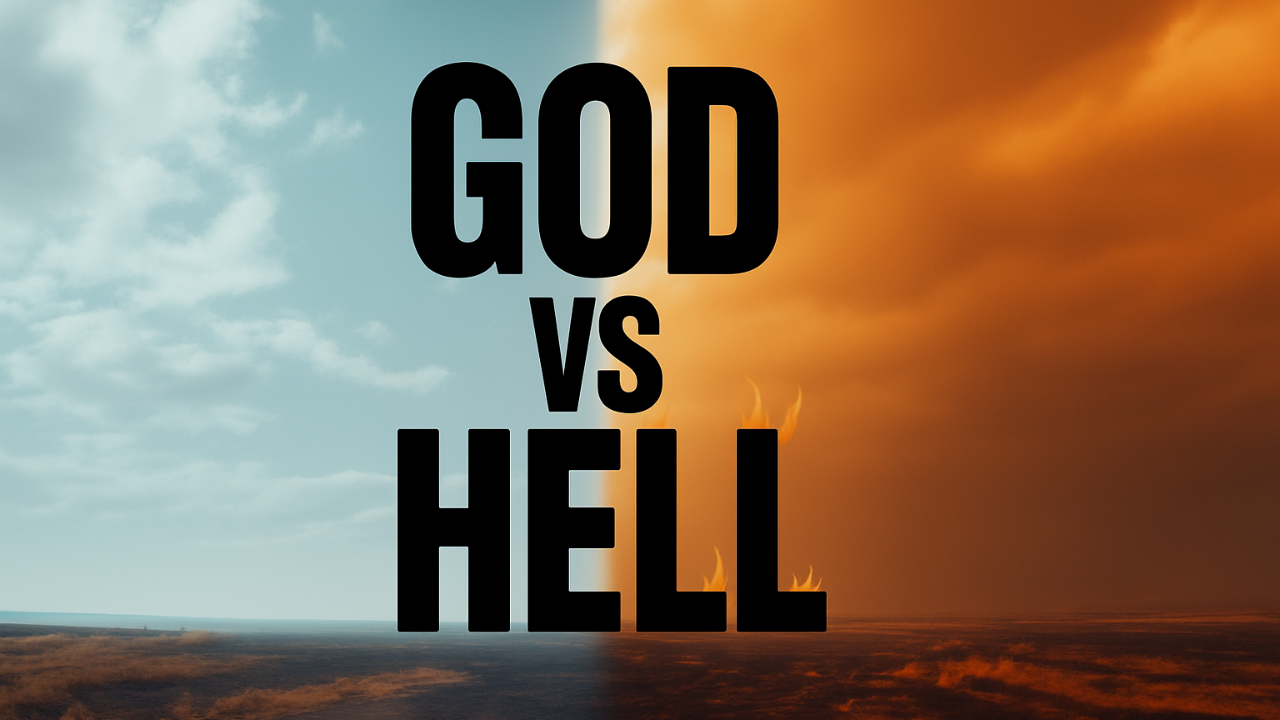In 2024, a 19-year-old producer from Lagos uploaded a beat to TikTok. Within 48 hours, the track exploded—2 million views, thousands of remixes, and a co-sign from a K-pop idol. Just a week later, he signed a global distribution deal.
This is the new reality of music: borderless, tech-driven, and hyper-connected. The fusion of technology and global culture isn’t just transforming how we consume music—it’s revolutionizing how we experience, create, and share it.
Music Without Borders
Streaming platforms like Spotify, YouTube, and Apple Music have obliterated geographic and genre boundaries. Nigerian Afrobeat, Korean K-pop, and Latin American Reggaeton aren’t just regional sounds anymore—they’re global chart-toppers.
Artists such as Burna Boy, BTS, Bad Bunny, and Shenseea represent a new generation of global icons. Jamaican youth vibe to Korean pop; teenagers in Germany dance to Dancehall and Afropop.
This cultural exchange is beautiful—but not without complexity. As sounds blend and spread, questions of cultural appropriation arise: What happens when global superstars borrow elements from smaller cultures without giving proper credit? At its best, global music is collaborative; at its worst, it can be exploitative. Respect and recognition must be part of the conversation.
The Rise of AI and the Bedroom Producer
The traditional recording studio has become optional. With software like GarageBand, FL Studio, and AI-powered plugins, anyone can produce a chart-ready song from their bedroom. This democratization of music has empowered a generation of independent creators.
AI is also disrupting the creative process itself. It can generate beats, harmonies, even imitate vocals. But this innovation comes with big questions:
- Who owns AI-generated content?
- Can a machine truly create emotionally resonant art?
- And will AI displace human artists?
As the tools evolve, so must our ethics.
TikTok, Instagram & YouTube: The New Stages
Social media isn’t just a marketing tool—it’s the main stage. A single TikTok trend can turn a complete unknown into a headlining act. Just ask Ice Spice, PinkPantheress, or Lil Nas X.
Fans aren't just watching—they’re collaborating. Remixing sounds, choreographing dances, creating mashups, and driving what goes viral. Artists are building direct relationships with fans, bypassing traditional labels and media gatekeepers.
But this visibility comes at a cost. Artists are pressured to stay constantly online, creating content, building personal brands, and navigating ever-changing algorithms. Creativity now competes with engagement metrics.
Streaming Economy vs. Artist Survival
Music is more accessible than ever—but for creators, it’s also less profitable.
Streaming services pay fractions of a cent per stream, meaning even moderately successful artists may struggle to survive financially. To sustain themselves, many rely on tours, merchandise, Patreon subscriptions, or brand partnerships.
The model often favors the few at the top. For many, it’s a grind with diminishing returns. If the industry is going to thrive in the long term, fairer compensation models are essential.
Beyond Music: Artists as Brands
In today’s world, music intersects with fashion, film, gaming, tech, and activism. Artists are no longer just musicians—they’re multi-hyphenate brands.
From Rihanna’s billion-dollar Fenty empire to Beyoncé’s visual albums and social commentary, musicians are building businesses and movements around their art. Some are even launching virtual concerts in the metaverse, while others explore NFTs and digital collectibles.
Entertainment has evolved into an immersive ecosystem.
What’s Next?
Looking ahead, expect to see:
AI collaborations becoming mainstream.
- Virtual reality concerts offering global front-row experiences.
- Blockchain innovations changing how artists get paid.
- New genre fusions emerging from unexpected corners of the globe.
We’re only scratching the surface of what’s possible when creativity meets technology.
Final Thoughts
We’re living in a thrilling, chaotic, and deeply innovative time in music and entertainment. The industry is more inclusive, experimental, and borderless than ever before.
But with this progress comes responsibility: to ensure that artists are fairly compensated, cultures are respected, and technology serves to amplify rather than replace human creativity.
Whether you’re a fan, an aspiring artist, or an industry insider, one thing is certain—the future of music is bold, unpredictable, and alive with possibility.







